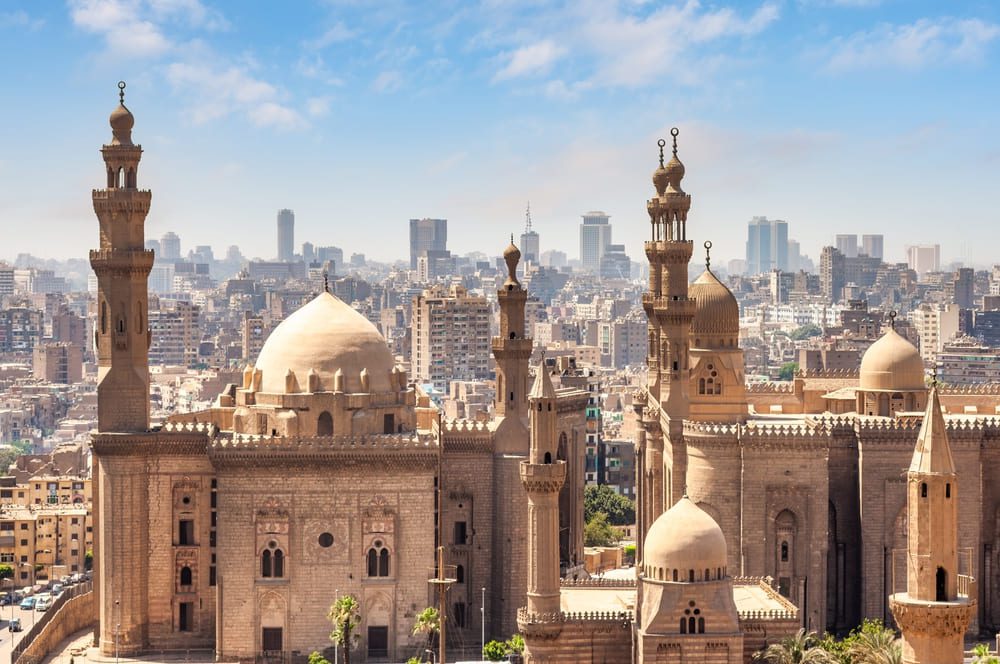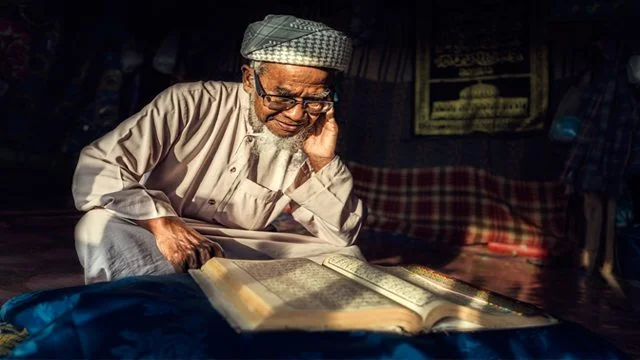Adoption in Islam:
In Quran it is mentioned:
“Did He not find you an orphan and give you shelter? And He found you wandering, and He gave you guidance. And He found you in need, and made you independent. Therefore, treat not the orphan with harshness, nor drive away a petitioner (unheard). But the bounty of the Lord – rehearse and proclaim!” (Qur’an 93:6-11)
Allah through Quran has provided Muslims with specific rules and guidelines for adoption. Quran clearly states the rules involving the legal Islamic relationship between the adopted child and his or her adoptive parents/ family. Islam discourages to hide anything about the child’s biological family and their ties to the child are never severed. It is reminded by the holy Quran that adoptive parents are not the biological parents of the adopted child:
وما جعل أدعیاءکم أبناءکم
ذ لکم قولکم بافواھکم
واللہ یقو ل الحق وھو یھدی السبیل
ادعوھم لا باءھم ھو أقسط عنداللہ
“And Allah did not make your adopted children your sons. That is only your words coming out from your tongues. And Allah says the truth and He guides you to the right path. Call them with reference to their (real) fathers. It is more just in the sight of Allah.”(Surah 33:V4)
Rules of Adoption:
Under the Islamic laws, the adoptive parents/ child relationship is pretty much dissimilar to what is being commonly practiced today. The Islamic term for adoption is Kafala, which is driven from a word which means “to feed”. In short, the concept of adoption in Islam appears to be more of a foster-parent relationship. Stated under are some of the rules of adoption in Islam:
- The adopted child cannot change his or her surname to match that of the adopted family. He or she is supposed to have his or her own biological family surname attached to his/her first name.
- As per Islamic laws the adopted child inherits from his or her biological parents, and not (by default) from the adoptive parents.
- When the child reaches the age of puberty, the members of the adopted family become non Mehram to him or her (they are not considered as blood relatives). Mehram refers to a specific Islamic legal relationship that standardizes marriage and other related aspects of life. Basically, by Islamic laws it is allowed to the members of the adoptive family to marry the adopted person. Hence, the rules of modesty and Hijab are a must to follow between the adopted child (adult) and adoptive family members belonging to the opposite sex.
- It is not permissible for the adopted family to intermingle their property and wealth with what the adopted child has inherited from his or her biological parents. Islam commands the adoptive families to take care of the adopted child’s property and/or wealth and to serve as trustees only.
- However, by Islamic laws an adopted child cannot inherit by his or her adoptive father, but it is permitted, in-fact suggested, to him that in his lifetime, he, creates a will in favor of his adopted son. The adoptive parents are allowed to bequeath up to one third of their property and wealth to their adopted child who otherwise cannot share their inheritance.
Islamic law, known as Shariah, permits Muslims to embrace a child in order to fulfill their emotional and psychological needs. Adopted children may be treated with love, affection, care, and general parental behavior, as if they were biological offspring. However, it is crucial to recognize that the bond is not based on blood relations, and therefore, adhering to Islamic adoption rules is essential. Adopting a child is considered a virtuous act in Islam, providing shelter and earning numerous rewards in both this life and the hereafter. From a legal perspective within Islam, adoption does not entail any negative consequences. The Islamic rules of adoption do not establish a new legal relationship that did not exist previously.



